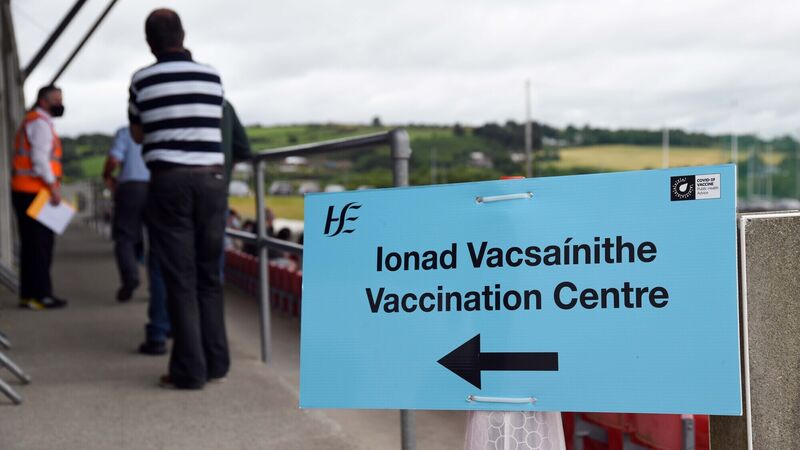Covid changed everything — let’s use it to prepare for the future

People arriving for the vaccine on the first day of walk-in vaccinations for covid-19 at Clonakilty GAA Club, Co Cork. From January 1, 2020, to February 28, 2022, Ireland experienced profound upheaval. File picture: Denis Minihane
We know what a ‘normal’ society looks like, in all its messy diversity. People’s experiences include birth, childhood, education, relationship formation, employment, housing, parenting, sickness, and disability as well as providing and receiving care.
No one person’s life path is the same as another, and yet many of us experience the same key events in life: our formative first years of life, going to school, transferring from primary to secondary school, maybe going to college, starting a relationship, getting our first job or having a child, bereavement, living with sickness or disability, and needing the care of others in older age.













